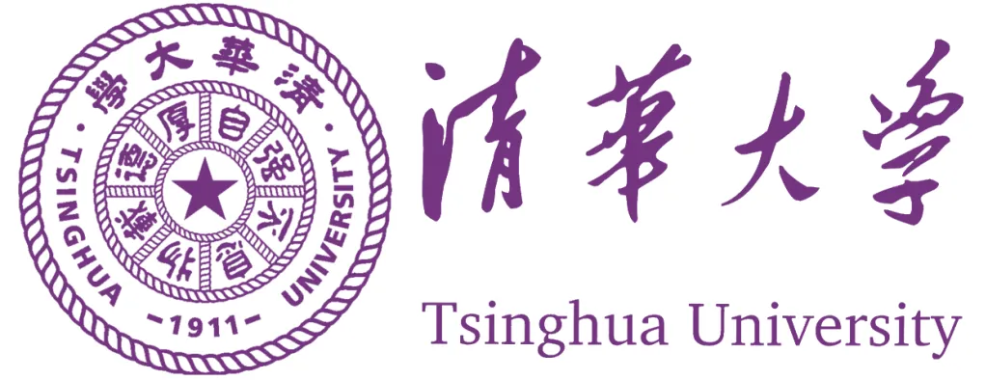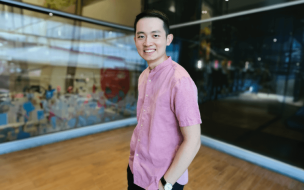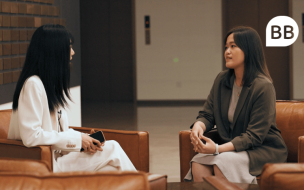He remembers it clearly. When it was over, he was asked to leave the bar. No hostels would take him in, and he had to find a place to sleep on the street.
Studying mechanical engineering in the US, he was travelling through Europe during a study break on his year abroad. He explains that his lack of planning for trips meant this was a regular occurrence.
It captures his sense of adventure though, and is what he calls the start of a personal growth journey. It culminates with him graduating from the Tsinghua-MIT Global MBA program at Tsinghua University School of Economics and Management (SEM).
In search of a challenge
Before the MBA Thomas worked as an engineer in construction and procurement for Fluor. Since high school though he’d struggled to find school or work invigorating. He says he studied little but still achieved high grades.
“I found a lot of what I was doing easy,” he says.
Thomas explains that beforehand he believed that engineers were the source of all creative ideas within an organization. But he stumbled upon the idea of an MBA program as a way to accelerate his career and offer a challenge.
He found China serendipitously. His fiancé at the time, now his wife, is also Chinese, and if it wasn’t for her, he admits he’d probably have sought out a business school in Europe or the US.
In China, there was only one school that really stood out to him. The Tsinghua brand name, coupled with the courses taught by MIT, should alone be enough to attract anybody, he says.
A fish out of water
As someone who admits to being bored and not feeling challenged in the past, Thomas says that his time in China was the first time he’d truly felt pushed.
The MBA at Tsinghua is a true master’s program, he adds, a lot more academic than most schools in America.
The 100-strong cohort has a strong balance between international students—whom he says bonded over making the trip abroad together—and a domestic cohort of Chinese students.
“The Chinese classmates are top notch,” Thomas says. “They are super smart. It’s harder to get into Tsinghua [for them] than Harvard or Stanford.
“Not only are they super smart, but they are hungry. That’s something I’ve brought through and tried to express to people.”
Thomas explains that the personal growth he experienced during the MBA was influenced by the hunger shown by his Chinese classmates. The opportunity to be on the MBA is life changing.
As early as the second month of the 21-month MBA, that chord was struck.
“This hunger that they had to get out and be successful, to be the top, and all the networking they did—I thought, I’ve got to pick up my game!”
Adapting to Chinese culture
The Chinese think differently than Americans, Thomas says. He tends to be more direct, thick skinned, snarky, he explains. For the Chinese, that’s a business deal killer.
“They won’t try to just steam pile through to get something done. They might find a channel that works better, is more smooth but takes longer.
“Chinese people are better at knowing the audience is, and then going through a creative process about understanding what they want, and how to provide that to them.”
Can you adapt to that?
“It is possible, but you have to change your heart. You can learn it, but I don’t think I’ve ever adopted it.”
Thomas became friends with more Chinese students than international, something he advises incoming MBAs to do. That means learning the language.
“I think, to make the most out of it, you have to be speaking Chinese daily in a comfortable way. When I talk to people, I tell them they should show up day one being able to speak some Chinese.”
Finding ambition and drive
When Thomas returned to the US in 2012 the economy was tough. He ended up going back to his old job in an elevated position.
It was more money, but it wasn’t what he wanted. He sought out opportunities in property development and landed on a project worth $500 million.
He helped the owner of the firm go through the entitlements on a part-time basis, a job he explains he put more time into than his full-time role.
That experience led him to his current employer, Gemdale, a Chinese real estate firm. He works as a development manager in the San Francisco office.
None of this would have been possible without his experience at Tsinghua though. Thomas says he left the MBA a different person.
“The who I am today is totally different, and really it’s all about being hungry. I was a lazy guy when I started, and I came out super ambitious.
“Without that growth that I went through I wouldn’t have the academic skillset, the maturity. When you challenge yourself by going out of your comfort zone you grow faster.”








